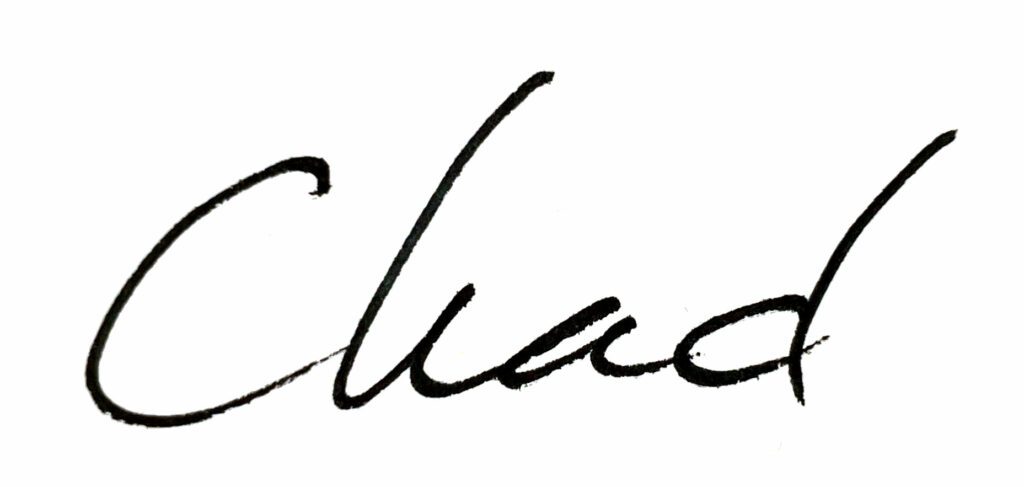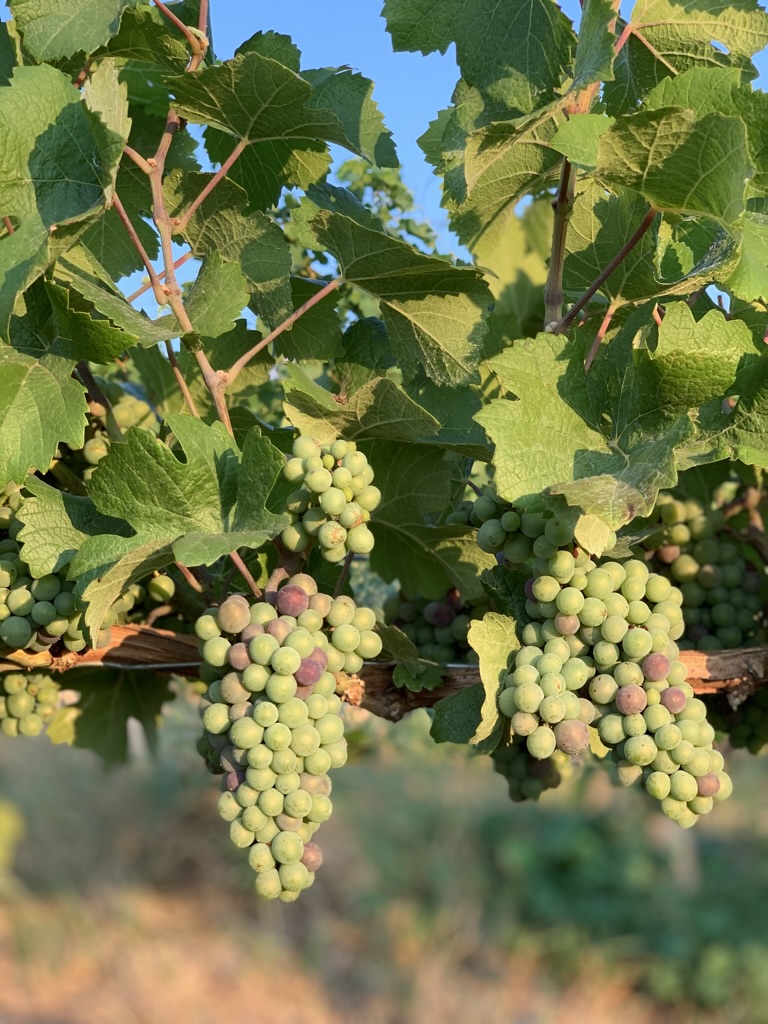Farming isn’t perfect—and that’s the point. Read how letting go of perfectionism through working the land became its own kind of therapy.
by Chad Steiner
I’d like to think I’m a recovering perfectionist—but farming keeps me honest.
As a first-born, the odds of being a perfectionist were already high. Add a few years in corporate life, and the habit was well-ingrained: plan, prep, execute flawlessly.
Then we started a farm.
There’s something about working with the unpredictability of nature that slowly untangles that need to get it all “just right.” Every year throws a curveball—frost, weeds, pests, too much wind, not enough rain. And in a strange and beautiful way, it’s become the very thing that’s healed me.
Someone once told me, “Perfection is the lowest standard—because it’s impossible.” That hit me. I’d always thought striving for perfection was a virtue. But what I was really doing was setting myself up for constant frustration. Perfection isn’t a motivator—it’s a paralyzer.
In farming, you can’t wait for perfect. Seeds have to go in the ground, no matter how much is going on. Vines need pruning, even if you’re not “ready.” Nature doesn’t wait, and that’s the beauty of it—farming forces you to act, to try, to iterate. And sometimes, that’s enough. Sometimes, it’s everything.
We see so much perfection in nature—have you noticed? A vine curling around a trellis just so. The symmetry of leaves. The color of sunrise bouncing off rows of apple trees. Nature is visually perfect in so many ways… but when you farm it, you see behind the curtain.
Trying to get every vine to grow exactly the same, every apple to size perfectly—it’s just not going to happen. Plantings emerge unevenly, animals get sick, weather patterns shift. Farming is filled with irregularity, unpredictability, and—if you let it be—a deeper sense of peace.
Each season is like its own counselor, holding a mirror to your habits and mindset. I’ve found real healing in that rhythm. You plant or prune, tend, adjust. Sometimes it works, sometimes it doesn’t—but you always learn something.
This spring, we lost a baby lamb. It’s one of those things you hope never happens—but if you’re raising animals, at some point, it does. And even when you’ve read the books, talked to mentors, done your best to prepare—it still hits hard. A million questions swirl: Did I miss a sign? Should I have checked again? Was the barn warm enough? Farming doesn’t give you a lot of room for hiding. When something goes wrong, you feel it deep.
It reminded me of those first years with baby chicks too—how fragile they are. Sometimes, no matter how carefully you set the brooder, or how clean the water is, you lose one. And each time, the thought creeps in: “Am I doing this right?” That’s where perfectionism likes to sneak back in. But over the years, I’ve learned to meet those moments not with blame—but with curiosity and care. What can I learn? How can I be better next time? That’s the real shift. Not aiming for perfect, but staying present enough to learn from the imperfect. Farming has a way of teaching that—over and over again.
Farming has taught me to let go of perfectionism—not because I stopped caring, but because I started caring about the right things. Health over appearance. Process over performance. Roots over straight lines.
Maybe you don’t farm, but I bet there’s something in your life that could use a little less perfection and a little more grace.
If this resonates, come visit us this season. Walk the imperfect rows. Taste the wine that made it through the unpredictable spring. Share your own story with us.
And if you’re a fellow perfectionist in recovery—welcome. The dirt’s good for you.
Cheers,





Wise words of wisdom from the vineyard. Good thought provoker for me being an engineer
Right… nice to see you guys, thank you for the support!!!
Words to live by!
Amen, amen!!!
Well said Chad!
Thank you!!!!